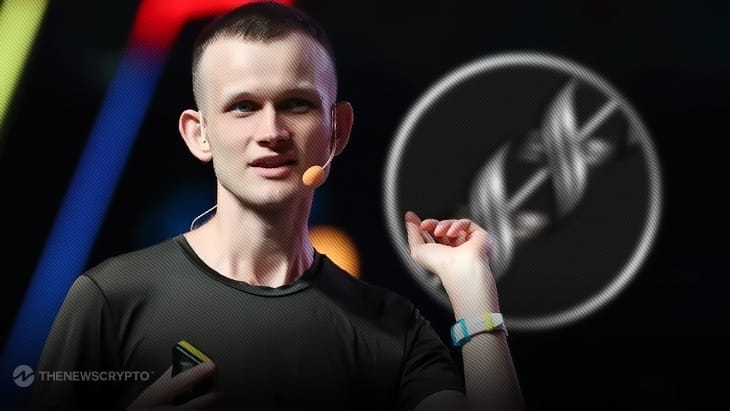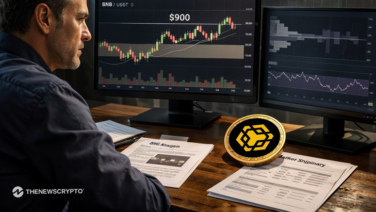- Although MEV generates substantial income for validators, it leads to increased gas fees.
- MEV may weaken confidence in the network as a whole and the consensus process in particular.
To address the issue of maximal extracted value (MEV), Ethereum co-founder Vitalik Buterin put out a novel method on May 17. Producers of blocks engage in miner extracted value when they attempt to maximize earnings via the use of complex market methods to organize transactions inside the block.
Whoever uploads the next block first might use MEV methods to arrange the block’s transactions in such a way that the first transaction bought ETH from the decentralized market at a discount and the second transaction sold it on centralized exchanges at a higher price.
Asset Arbitrage Technique
Although MEV generates substantial income for validators, it leads to increased gas fees on the Ethereum blockchain, congestion in the network, and slippage for traders. Think of it as a hidden fee for people using the network.
Even more crucially, MEV may weaken confidence in the network as a whole and the consensus process in particular. Network users may gradually abandon Ethereum in search of a different network free of the hidden tax of MEV if they perceive that validators are undermining the network’s integrity for financial gain.
Péter Szilágyi, a key developer for Geth, voiced his disapproval of this asset arbitrage technique, saying that the Ethereum network was really supporting it by “catering” to MEV developers rather than just prohibiting it.
A number of alternatives were suggested by Buterin in response to Szilágyi’s critique. Buterin clarified that conventional wisdom is that a combination of MEV quarantine and MEV reduction strategies is the best way to deal with the MEV issue.
Highlighted Crypto News Today:








